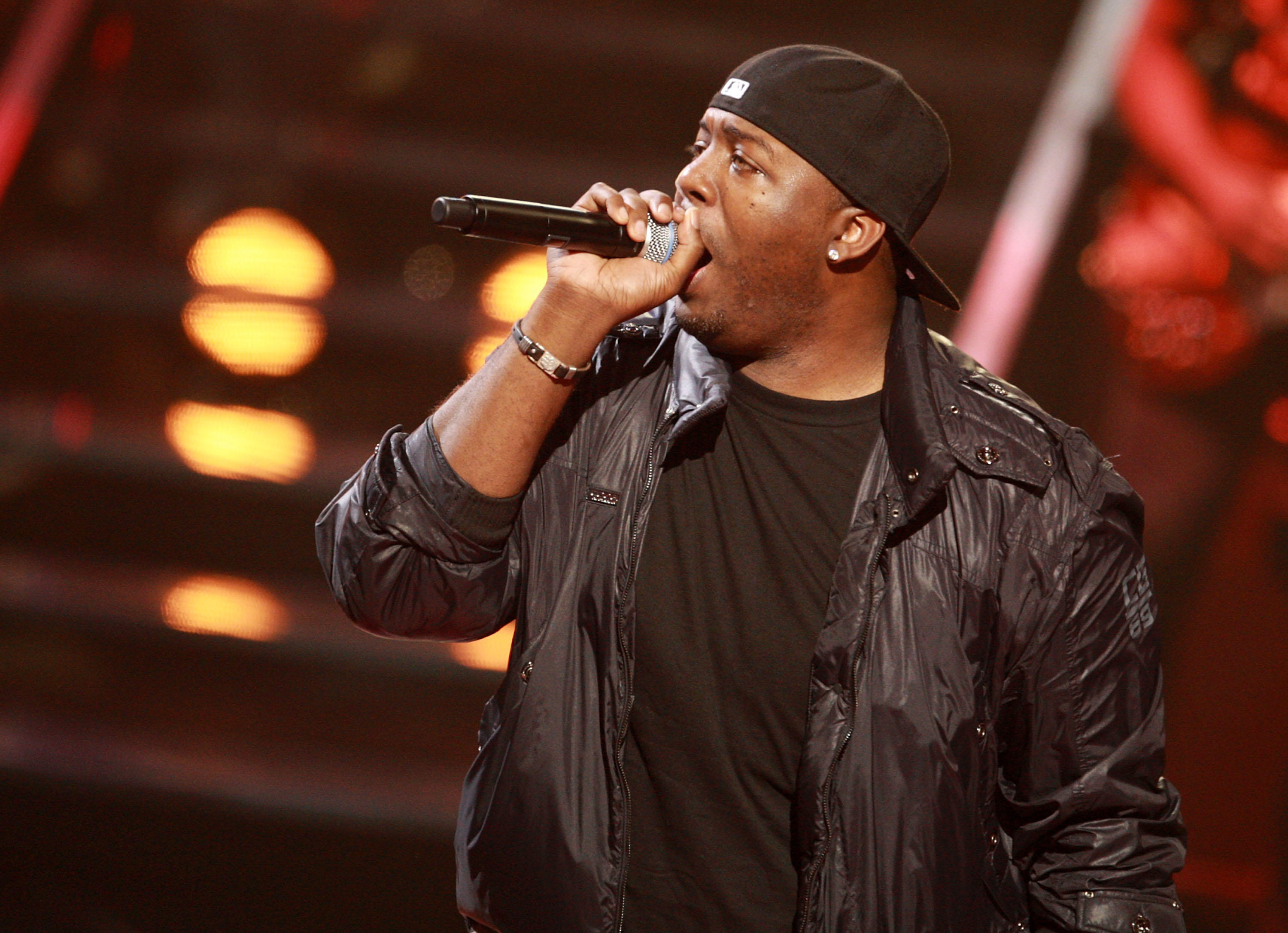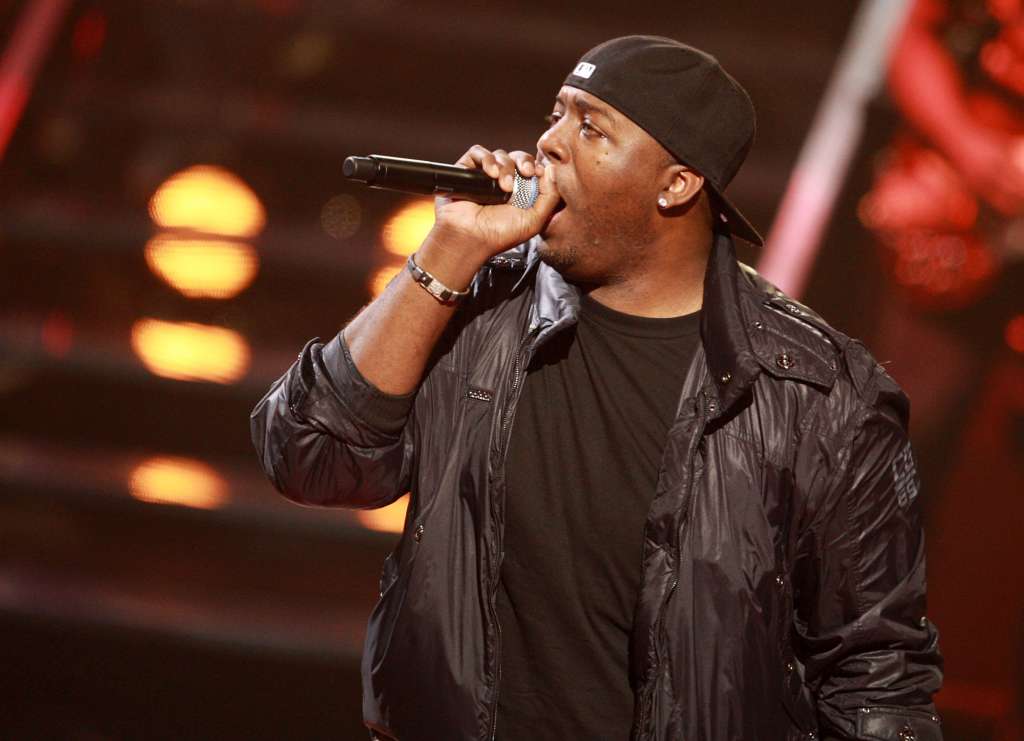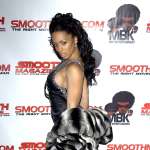
Source: Stephen Lovekin / Getty
Presumably bored out of their minds or unable to locate a more SEO-friendly reality star, TMZ caught up with rapper Erick Sermon to ask him for his thoughts on Bruce Jenner’s interview with Diane Sawyer where the two discussed Jenner’s gender identity. Sermon said Jenner was “crazy” and proceeded to walk into conspiracy theory, publicity-stunt-accusing territory over Jenner identifying as a woman shortly thereafter. Then Sermon was hit with the follow-up question: would hip-hop accept a transgender rapper?
Sermon said no, and argued that such a move would be “taking the culture too far,” since hip-hop is a “sport for men and women who are representing the culture.” As The Fader notes, this is not the first time the EPMD member has made controversial statements about who can and cannot exist within hip-hop culture. In a 2012 interview with VladTV, Sermon denied ever working with a gay rapper and proceeded to spout out a bunch of nonsense about gay people in media that you could hear from your average bigot at the barbershop or corner store near you.
In that respect, Sermon comes across as the Mahmoud Ahmadinejad of hip hop. In 2007, the then-Iranian president infamously declared that no gay people existed in his country. They’re both ridiculous as they are wrong.
Frankly, I don’t give a decimeter of a damn about what Erick Sermon thinks about Bruce Jenner, trans-identifying rappers, gay rappers, or anyone else he deems unworthy of having a space in the culture. For all his talents and contributions, Sermon is a relic in the same way as Lord Jamar. They each cling to archaic views of how men and women should behave and anything outside of that doesn’t resonate with them. They do not decide who can and cannot exist within a culture that’s already moved beyond them.
And while hip-hop is often nothing more than a reflection of the dominant culture overall, Sermon and others who share his sentiments may be right— hip-hop may never be “ready” for a rapper that is trans or gay. But they overlook one important aspect: it really doesn’t matter.
One of the best living rappers, bar for bar is Nicki Minaj. For all the complaints about her going pop, the reality is that she would not be able to command the success she enjoys now if she played into her male critics’ trite view of a what a rapper, and more specifically a female rapper, should be. Even when she does rap in a way that self-appointed purists deem as “real hip-hop,” she doesn’t get included in the conversation with her male counterparts anyway. This is despite her being better than most of them.
I bring up Minaj as an example of a rapper who doesn’t fit the traditional markup and has managed to thrive. The same goes for Drake, who may be criticized for his so-called “softness” but is no less authentic than anyone else. Or bisexual rappers like Angel Haze and Azealia Banks who have managed to carve their own lanes without a male co-sign by the virtue of being themselves and being good at what they do.
Hip-hop, if nothing else is about authenticity (or if you’re a rapper from Australia, being really, really good at lying). It’s sometimes still about skill. If you have both, you should be more than fine.
So could a trans rapper thrive? Yes. Would it be easy? Maybe not. Would that be “taking the culture too far?” Hell no. The culture shifts with the times, and it’s clear they are changing. Erick Sermon has a right to his opinion, but it’s wrong.
Michael Arceneaux hails from Houston, lives in Harlem, and praises Beyoncé’s name wherever he goes. Follow him @youngsinick.
READ MORE ON THE URBAN DAILY
Here’s Why Everyone’s Talking About The Prancing Elites
Jesse Williams’ Baltimore Tweets Are More On Point Than Anything On The News
Morgan Freeman Tackles Bigotry In ‘Through The Wormhole’
‘Thugs’ + Other Terrible Things Tired Politicians Say
<p>Facebook Live Is Loading....</p>





